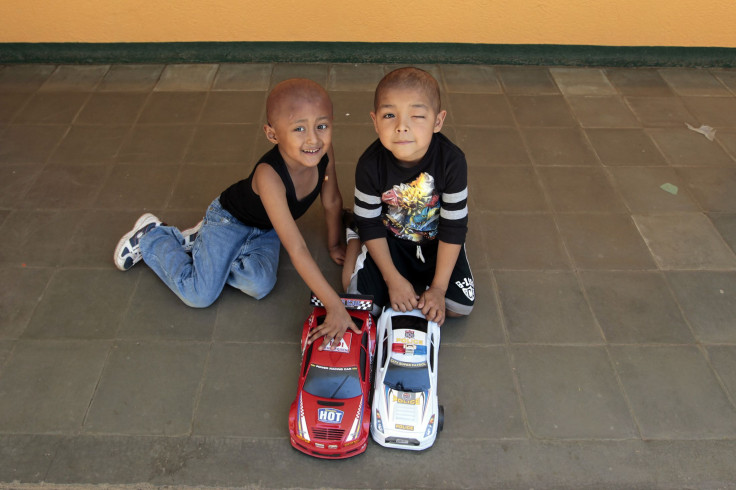New blood cancer drug Australia: Venetoclax is a relief to Leukaemia sufferers when all other treatments have failed

After UK’s NHS approved new skin cancer drug Nivolumab, it is Australia making news on the Leukaemia front. A study published in the prestigious New England Journal of Medicine has shown that certain blood cancer cells “melt away” when a Leukaemia sufferer takes the new cancer drug venetoclax.
Melbourne-researchers conducted this world-first trial. The clinical trial was also backed by three Victorian centres that have seen 80 percent of their chronic lymphocytic leukaemia patients gave positive response to the new cancer drug after all treatments failed. Some people in the phase one of trial were in remission for more than four years.
After the intake of the new cancer drug, about 20 percent of the patients were complete clear of the disease, reports Herald Sun. The drug’s first human trials were conducted at the Royal Melbourne Hospital and Peter MacCallum Cancer Centre. New cancer drug venetoclax is designed to kill the protein BCL-2 that assists cancer cell survival. The drug “selectively targets the interaction responsible for keeping leukaemia cells alive.”
“In many cases, we’ve seen the cancerous cells simply melt away,” said Professor Andrew Roberts, Researcher at the Royal Melbourne Hospital haematologist and Walter and Eliza Hall institute. "This is a very exciting result for people who often had no other treatment options available."
The Royal Melbourne Hospital, Peter MacCallum Cancer Centre and Walter and Eliza Hall Institute are three of the 10 groups making the Victorian Comprehensive Cancer Centre that is going to open in June.
Meanwhile in UK, Nivolumab, also known as Opdivo, has been recommended by the National Institute for Health and Care Excellence (Nice). It is a type of immunotherapy that stimulates a person’s immune system to fight cancer cells.
It has been confirmed by researchers that patients taking the drug survive much longer than when on traditional chemotherapy. The one-year survival rate for Nivolumab was 73 percent, whereas that of chemotherapy was only 42 percent.




















